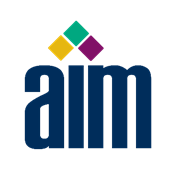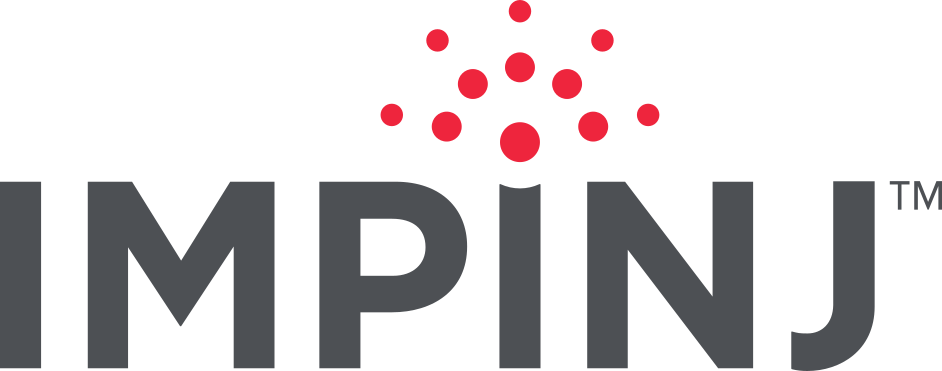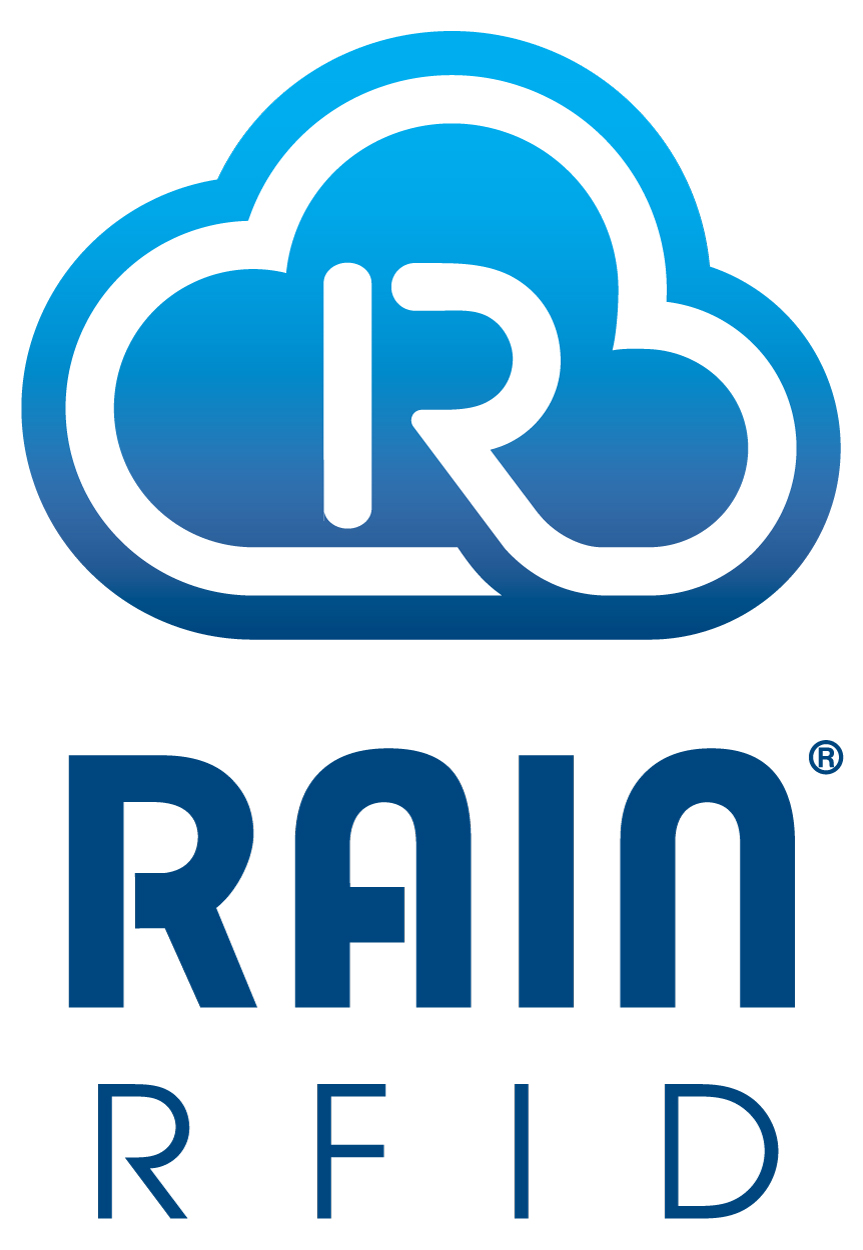RFID in Healthcare
Over the last decade the changing healthcare environment has driven hospitals to critically evaluate and optimize their operations to enhance patient treatment and care, while focusing on financial constraints. Hospitals have moved to support an increasing outpatient care environment, driving increased in-patient acuity levels. At many institutions these changes have been accompanied with regulatory and financial constraints impacting the operational budgets and staffing. Hospitals have found it necessary to re-evaluate their operations and processes, using technology solutions to achieve optimizations to operational workflow and resource utilization to drive cost reductions.
To deal with the complexity of patient care workflows and enhance the level of patient diagnosis, treatment, care, safety and satisfaction, the designs of the next generation Intelligent Hospitals have focused on the integration of diverse technologies, to provide a seamless exchange of information. These integrations enable data to be filtered, processed and shared, rapidly delivered to the point of care via a variety of handheld communication devices. This complex interconnectivity has clearly identified the need for accurate and standardized patient centric identification, association and location content to establish a seamless flow of information. This has driven hospitals to integrate active Real Time Locating Systems (RTLS) and passive Radio Frequency Identification (RFID) technologies into the patient care environment to support these functions. Establishing the dynamic relationships between patients, care providers, patients and the medical devices is fundamental to defining the information delivery methodologies and optimizing patient care processes, workflow and enhancing overall patient care and safety.
This workshop will highlight the strategies for deploying a robust institutional RTLS / RFID solution across a broad base of applications and use cases. The strategies will include, system design and scaling, requirements for accuracy and resolution, program management, and continued support and management. The workshop will highlight specific use cases and deployments targeting asset management, workflow management, supply chain, process verification and validation as well as other supporting use cases. The discussion will look at capitalizing on the existing as well as adding supporting infrastructures to implement a broad-based solution. The workshop will also address the need to develop an effective maintenance program focusing on tag management issues, such as tag obsolescence, loss, damage and battery replacement along with the required staffing and budgets all of which directly impact the functional effectiveness and overall integrity of the system.
Speaker Biography
 Dr. Paul Frisch is an assistant attending and an assistant clinical member in the Department of Medical Physics and Chief of Biomedical Physics and Engineering. He is responsible for maintaining medical devices and ensuring that they are safe and compliant with regulatory standards. He also investigates new and emerging technologies that have the potential to enhance clinical applications and operational work flow.
Dr. Paul Frisch is an assistant attending and an assistant clinical member in the Department of Medical Physics and Chief of Biomedical Physics and Engineering. He is responsible for maintaining medical devices and ensuring that they are safe and compliant with regulatory standards. He also investigates new and emerging technologies that have the potential to enhance clinical applications and operational work flow.
Previously, Dr. Frisch was engaged in research on human biodynamics and robotic applications in drug development, and in the design and development of radar and electronic warfare systems.
Dr. Frisch received a doctorate degree in biomedical engineering from the State University of New York (SUNY) at Binghamton and bachelor’s and master’s degrees in electrical engineering from SUNY Stony Brook. In addition, he is a visiting assistant professor in the Department of Bioengineering at SUNY Binghamton and serves on the technical advisory boards of the Cardiopulmonary Corporation, Emergency Care Research Institute, Radiofrequency Identification (RFID) in Healthcare Consortium, and Institute of Electrical and Electronics Engineers Committee on RFID.










